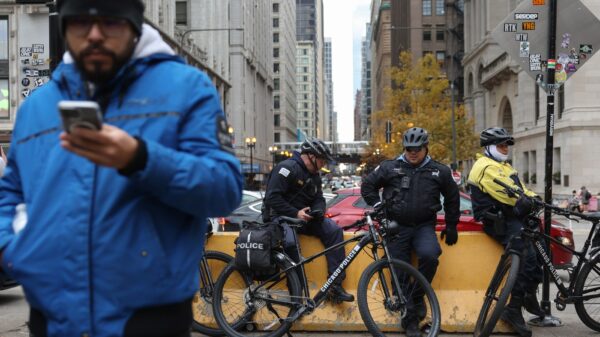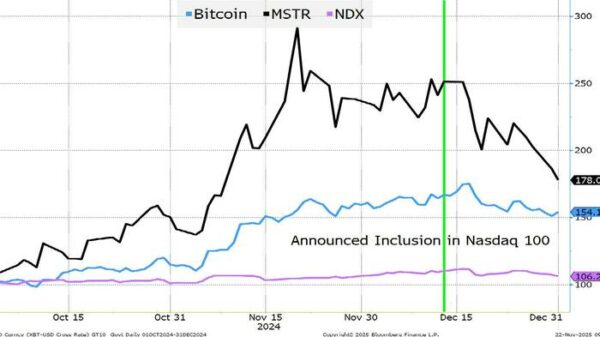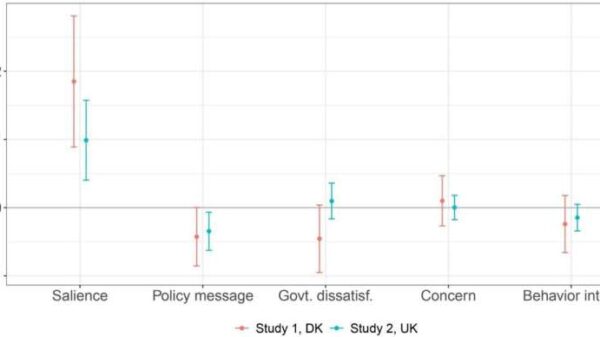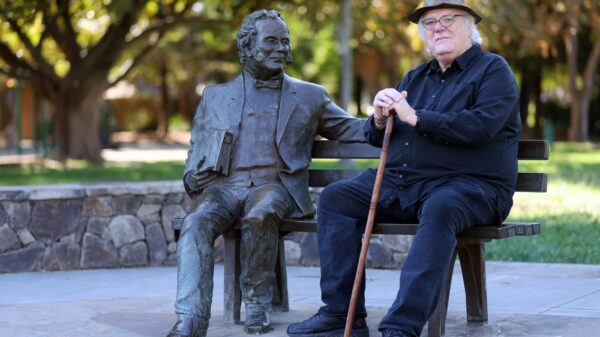BREAKING: Urgent reforms for the Richmond Police Department are heading to the negotiation table, following a unanimous vote by the City Council on August 15, 2023. The move comes in the wake of growing demands for transparency and accountability, particularly after the police-involved death of Angel Montaño, a 27-year-old U.S. Marine, who was shot on August 4.
The City Council’s decision to advance seven key recommendations from the Community Police Review Commission reflects a significant shift in public sentiment. Supporters, including grieving family members and community advocates, argue these changes are critical for rebuilding trust in law enforcement.
According to Councilmember Claudia Jimenez, these proposals are not merely political gestures but necessary steps towards ensuring police accountability. “These seven proposals are not out of the blue. They are practices used in other cities,” Jimenez stated, emphasizing the demand for greater oversight in Richmond.
The recommendations include extending the complaint filing period from 120 days to one year, changing the evidence standard from “clear and convincing” to “preponderance,” and allowing anonymous complaints. In a significant move, the commission will also gain subpoena power for documents and evidence, a change aimed at increasing the transparency of investigations.
Public support for these reforms has been palpable. During the council meeting, attendees expressed their frustrations over recent police actions, particularly the shooting of Montaño, where officers responded to a call alleging he was threatening family members with a knife. The officers involved, Colton Stocking and Nicholas Remick, have faced scrutiny, particularly since Remick was also involved in a previous fatal shooting.
“Real accountability is needed now more than ever,” said Andrew Melendez, a member of the city’s Community Crisis Response Program Advisory Board. He highlighted the urgent need for reforms to prevent further tragedies.
However, the Richmond Police Officers Association, led by President Ben Therriault, argues that the focus should be on improving mental health resources statewide. Therriault criticized activist groups for targeting police officers, asserting that the real failures lie within California’s mental health system, which he claims prevents necessary interventions.
Therriault suggested that new commissioners should participate in police ride-alongs as part of their training, but the council opted to keep this optional, acknowledging that some may feel uncomfortable.
Despite the pushback, many community members believe the proposed reforms could foster a stronger relationship between residents and law enforcement. “People are afraid of the police,” said Ryan Kazen, a Richmond resident. “We need to build trust, not division.”
The negotiation process between the city and the Richmond Police Officers Association is critical as these changes move forward. The council’s decision signals a commitment to addressing longstanding concerns about police accountability in Richmond, a significant step in a city grappling with the aftermath of recent high-profile police incidents.
As this story develops, residents are encouraged to stay informed on the progress of negotiations and further updates from the City Council. The urgency of these reforms reflects the community’s demand for meaningful change in policing practices.




































































